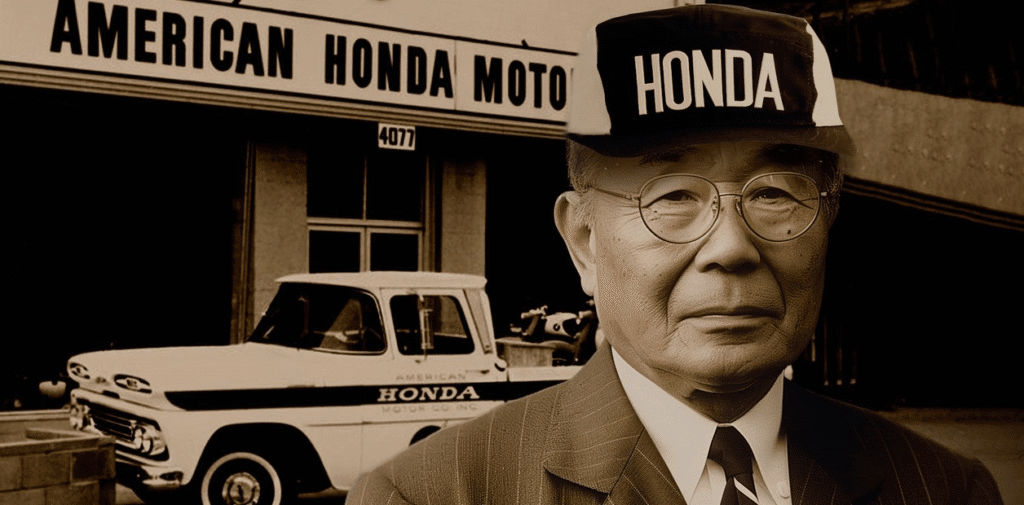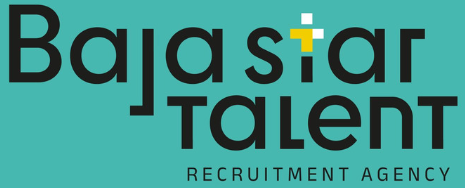Real stories of perseverance: Walt Disney was fired for “lack of creativity,” J.K. Rowling received 12 publisher rejections, Stephen King’s debut novel was rejected 30 times, Oprah Winfrey was demoted from television news, and Soichiro Honda was initially rejected by Toyota. How they turned “no” into momentum and transformed culture, industry, and millions of lives.

Some stories become part of our cultural narrative not because they are flawless, but because they show something deeply human: success rarely appears without rejection first. In fields ranging from entertainment and literature to media and industrial innovation, several figures we consider icons today once faced skepticism, dismissal, and closed doors. Understanding these trajectories invites us to see rejection not as an endpoint, but as a stage in the process.
Walt Disney, for instance, was fired from a local newspaper for supposedly lacking creativity. That assessment stands in ironic contrast to what followed: from his first animated feature film, Snow White and the Seven Dwarfs, to the creation of Disneyland, Disney built a cultural universe that reshaped global entertainment and storytelling. His talent was not absent—only unrecognized at the time.

Instagram J.K. Rowling
J.K. Rowling experienced something similar. Before Harry Potter and the Philosopher’s Stone became a global phenomenon, her manuscript was rejected by 12 publishers. What was once considered “unmarketable” became one of the most successful literary franchises of all time, translated into more than 80 languages and adapted into films, theme parks, and generational cultural memory.

Stephen King Instagram
For Stephen King, the path was no easier. His first novel, Carrie, was rejected 30 times. Discouraged, he threw the manuscript away. His wife, Tabitha, retrieved it from the trash and encouraged him to try one more time. The book was published — and launched one of the most prolific and influential careers in modern literature. Rejection was not the final word, only an early one.

Oprah Winfrey Instagram
Oprah Winfrey faced her own turning point. Early in her career, she was demoted from her role as a news anchor because her emotional, empathetic delivery was deemed unsuitable for the job. That very quality — the ability to connect deeply — became the foundation of The Oprah Winfrey Show, one of the most impactful talk shows in television history and a platform that reshaped media narratives around vulnerability, identity, and personal storytelling.

The story of Soichiro Honda adds an industrial and engineering dimension to this pattern. Before founding Honda Motor Co., he developed 50 piston ring prototypes for Toyota. Only three met basic requirements — and he was still rejected as a supplier. Instead of giving up, he spent two years studying metallurgy and improving his production methods, eventually securing contracts. Yet war and an earthquake later destroyed his factories. Still, he persisted. By adapting small engines to bicycles in post-war Japan, he created an affordable mobility solution that grew into Honda Motors, reshaping transportation worldwide.
A Shared Lesson
These stories share more than success; they share a response to failure. Each rejection became a pivot point — not a verdict, but a challenge. Where some might see a closed door, they saw a detour, an adjustment, or a chance to redefine the path entirely.
In an era where speed and instant results are often perceived as indicators of value, these narratives remind us of something essential: creative work, innovation, and personal growth require time — and persistence.
Not giving up does not guarantee success.
But giving up guarantees that it will never come.
